For months the news cycle has been full of stories about energy prices, with households up and down the country looking for ways to heat their home as efficiently as possible.
Our areas of expertise include energy efficiency, and eco-friendly products like low-flow shower heads, and one thing we know is that using less also means spending less!
With this in mind, we thought that we would be well placed to share some tips that could save your household money over the coming months.
All of these tips will see your household use less water or energy, so you’ll be doing your bit for the planet at the same time!
Tip 1: Check for toilet leaks
An extremely leaky toilet is among the most wasteful issues that can crop up in your household. By some estimates, a leaky toilet could waste a staggering 146,000 litres of water a year.
There is a method that you can use to check your toilet for leaks, simply add a few drops of food colouring into the toilet tank and wait an hour. If the coloured water reaches the toilet bowl, this indicates that there is a leak.
Potential Annual Savings: £1,360
Tip 2: Bleed your radiators
If your radiators have trapped air in them, they could be working inefficiently, taking longer to heat up, or in extreme cases they might not heat to the correct temperature at all.
This is likely to leave you with a cold house and you might end up paying more than you should on your energy bills.
If this is the case, you might need to bleed your radiators.
The way to tell if your radiator needs bleeding is to feel the top and the bottom of it. If it feels cold at the top but hot at the bottom, there may be trapped air in there that needs removing.
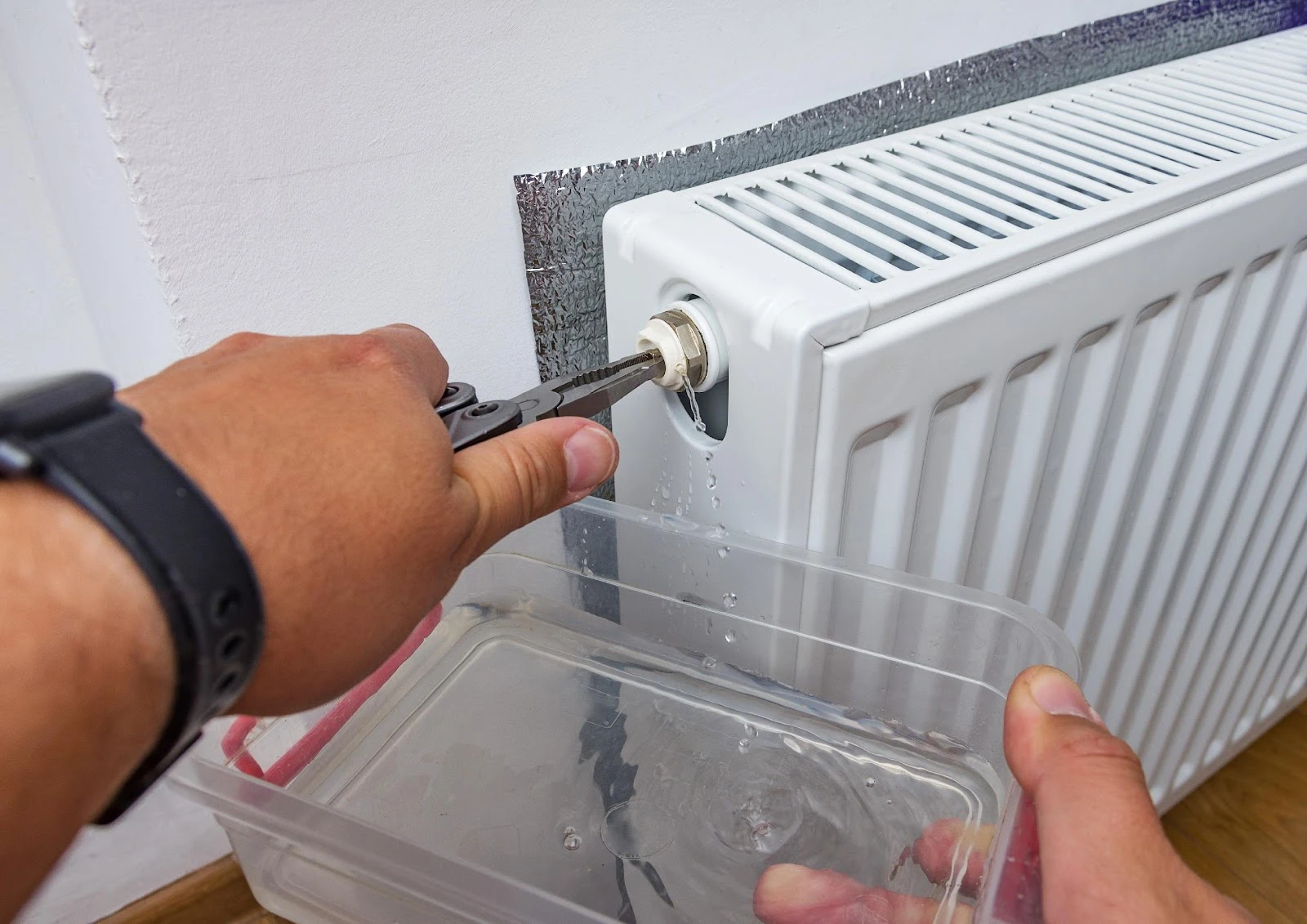
Considering energy usage, it costs roughly £5 to heat an average sized room to 18 degrees for a day. Assuming that bleeding your radiators makes them just 10% more efficient, this could lead to hundreds of pounds in savings in the long term.
For an average two-bedroom house, using inefficient radiators over the six autumn and winter months could add roughly £450 to your bills.
You can read our blog for information on how to bleed a radiator, and for advice on choosing the right radiator for you.
Potential Annual Savings: £450
Tip 3: Turn your thermostat down
This simple hack can save the average Brit as much as £200 a year – certainly a change that is worth considering!
While it can be tempting to crank the heating all the way up to 20 degrees, the WHO says that 18 degrees is enough for healthy adults and households with children.
This temperature should keep you comfortable, but there is always the option of wrapping up warm and putting an extra jumper on if needed.
Looking for a new thermostat? Take a look at our big range of products here.
Potential Annual Savings: £200
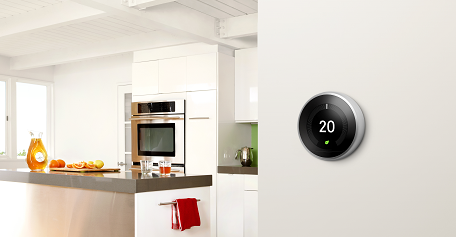
Tip 4: Upgrade your toilet
A lot of household water usage is through taps or shower heads, but another large chunk is used when we flush the toilet several times each day.
When it comes to toilets that are better for the environment and cost less money per flush, it pays to be modern.
Some older models use much as 13 litres of water every single time they are flushed, a huge waste in comparison to some low flow toilets which are specifically designed to use as little as 3 litres. Split flush buttons can also reduce toilet water consumption by letting you decide how much water is needed – typically using around 4-6 litres.
The saving on each individual flush is obviously tiny but can quickly add up over the year. Working on a presumed average of five flushes per day, an upgraded toilet using 3 litres per flush instead of 13 litres can save approximately £170 every year.
Potential Annual Savings: £170
Tip 5: Take shorter showers
Data from The Bathroom Showroom suggests that the average person in England is likely to be paying 16p extra a day for showers in 2022 – roughly an extra £55 per year for every person that showers daily.
The average shower time for a person in the UK is around eight minutes per shower and cutting this down can make a big difference to your finances.
Slashing your showering time in half to four minutes can save each person more than £100 over the course of a year – that’s almost £500 in savings for a typical family of four!
Potential Annual Savings: £110
Tip 6: Use an eco-shower head
Picking the right shower head for your household can also play a part in keeping costs down – and in helping the environment.
As a basic principle, an eco-shower head will use less water than a standard model, without compromising how well your shower works.
According to research from the Energy Savings Trust, replacing your shower head with a water efficient one could save a four-person household nearly £40 a year on gas for water heating and almost £55 a year on water bills if they have a water meter.
Potential Annual Savings: £95 per person
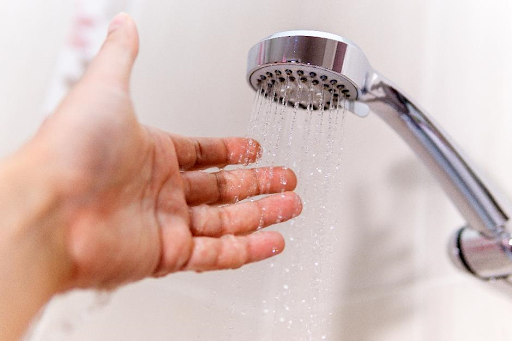
Tip 7: Switch all light bulbs to LED
When was the last time you bought new light bulbs for your home? According to the Energy Savings Trust, lighting makes up just over 10% of the average UK household electricity consumption.
Based on the average UK home, replacing all light bulbs in a house and replacing them with LED lights can save around £55 a year on energy bills – as they are more energy efficient.
Potential Annual Savings: £55
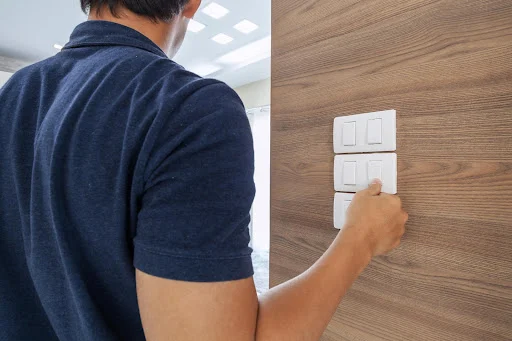
Tip 8: Don’t leave electronic devices on standby
Whether it’s charging your phone over night or leaving your TV on standby, we’re all guilty of leaving our devices plugged in while we are not using them. This is a wasteful habit as it ultimately wastes energy.
Just by remembering to switch all entertainment devices like TVs and chargers in your home off at the plug, you could save yourself around £55 a year.
A word of caution, be sure to ignore all advice that tells you to turn off essential devices like your fridge or freezer though, as these are designed to be kept on at all times.
Potential Annual Savings: £55
Tip 9: Check taps for leaks
It can be a hassle finding the right taps for your home, but that is nothing compared to the headache of a leaky tap that could be wasting water, and also wasting your money.
Leaky taps can waste thousands of litres of water a year if left in disrepair, and each litre of water adds up.
According to Ofwat statistics, a dripping tap can waste 5000 litres of water a year, potentially adding £50 to your annual water bill for each faulty tap.
Potential Annual Savings: £50
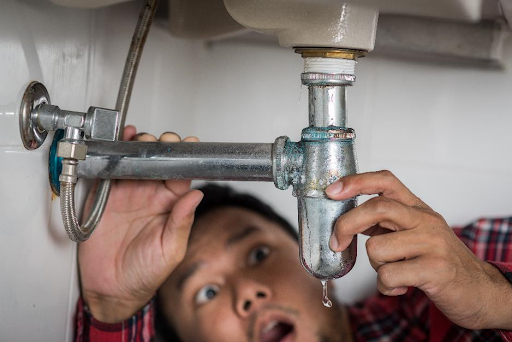
Tip 10: Use a lower temperature wash cycle
Energy saving campaigners have long advocated washing at 30C and switching to a different wash cycle can be a real money-saver.
Barring situations where you are washing something that specifically needs a hot wash, 30C should work for you. Opting for a 30C wash once a week is usually enough and can save almost £30 a year.
Potential Annual savings: £30



